Technology clusters for the Next Production Revolution in Africa
Technology clusters for the Next Production Revolution in Africa
A short introduction to Additive Manufacturing and Smart Agriculture as enabling technology clusters for NPR.
Course description
The course is part of a series of Sprint MOOC addressing the Next Production Revolution paradigma, as new wave of technological innovation. It addresses people from anywhere in the world, from industrialized economies as well as from “developing countries” and particularly from Africa.
This specific course is focused on two main clusters of the Next Production Revolution paradigma.
- The first one is Additive Manufacturing, that is also popularly reknown as 3D printing, and refers to any process where digital 3D design data is used to build up a component by adding the material layer by layer.
- The second one is Smart agriculture, defined as an integrated farm management framework that constitutes a holistic management approach aiming to optimize the yield per unit of farming land.
After taking this Sprint MOOC you’ll be able to define the main concepts underpinning these topics, to recognise their application fields, to identify the useful technologies and the major enabling factors affecting the decision of adopting them.
Total workload of the course: 8 h
This MOOC is provided by Politecnico di Milano in collaboration with Politecnico di Torino

This series of Sprint MOOC is one of the main results of the Emerging african innovation leaders Program (G7 exchange & empowerment program for enabling innovation within the next production revolution).
Project partners:


Funded by:

Intended Learning Outcomes
By actively participating in this MOOC, you will achieve different intended learning outcomes (ILOs).
- Define and contextualize the key concepts of Additive Manufacturing (3D printing) and Smart Agriculture, exploring their transformative potential in both industrialized economies and emerging contexts, particularly in Africa. ( ESCO - manufacturing of tools ) ( ESCO - e-agriculture ) ( ESCO - emergent technologies )
- Recognize and analyze real-world applications and technologies associated with Additive Manufacturing and Smart Agriculture, identifying practical opportunities and technological enablers for adoption.
- Critically evaluate the enabling factors and barriers—technological, economic, environmental, and socio-cultural—that influence strategic decisions for implementing innovative practices in Additive Manufacturing and Smart Agriculture across diverse global scenarios. ( ESCO - innovation processes ) ( ESCO - sustainable development goals )
Prerequisites
No formal knowledge is required.
Activities
The forum of this MOOC is freely accessible and participation is not guided; you can use it to compare yourself with other participants, or to discuss course contents with them.
A Bibliography section is available, where you can find a list of resources that can help you in deepening the topics of the course.
Section outline
-
-
-
Week 1 - Additive manufacturing within the industrial digital transformation as a key national asset
Week 1 is related to Additive Manufacturing (AM), presents a definition of AM and a classification of AM technologies, then focusing on AM technologies for polymeric and metallic materials and related applications. -
Week 2 is related to the modernisation of Agricultural Production, and particularly, to smart agriculture. It describes intelligent vehicles used in smart agriculture applications, Remote Sensing and Data Analysis.
-
-
Bibliography Page
-
Assessment
Your final grade for the course will be based on the results of your answers to the assessed quizzes. You have an unlimited number of attempts at each quiz, but you must wait 15 minutes before you can try again. You will have successfully completed the course if you score a total of 60% (or higher) in each of the assessed quizzes.
The maximum score possible for each quiz is given at the beginning of the quiz. You can view your score in the quiz on your last attempt or on the 'Grades' page.
Certificate
You can achieve a certificate in the form of an Open Badge for this course if you reach at least 60% of the total score in each one of the assessed quizzes and fill in the final survey.
Once you have completed the required tasks, you will be able to access Get the Open Badge and start issuing the badge. Instructions on how to access the badge will be sent to your e-mail address.
The Badge does not confer any academic credit, grade or degree.
Information about fees and access to materials
You can access the course completely online and absolutely free of charge.
Course faculty
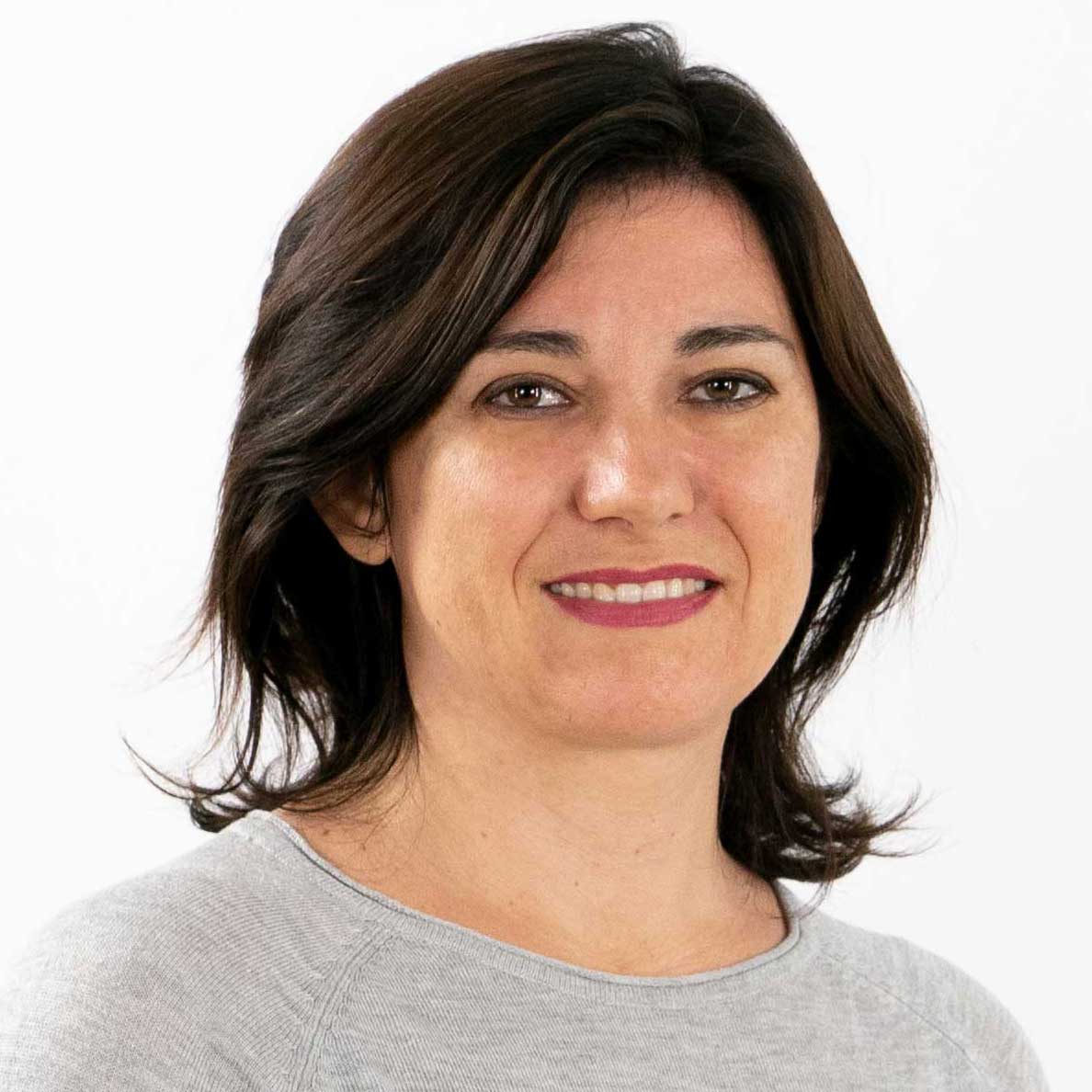
Eleonora Atzeni, Politecnico di Torino
Teacher
Eleonora Atzeni is Associate Professor in Technologies and Manufacturing Systems at the Department of Management and Production Engineering (DIGEP), Politecnico di Torino. She is teaching professor at the BSc and MSc Degrees in Mechanical Engineering, as well as at the MSc in Industrial Production and Technological Innovation. The main research topics are those relating to Additive Manufacturing technologies and the modeling of production processes.
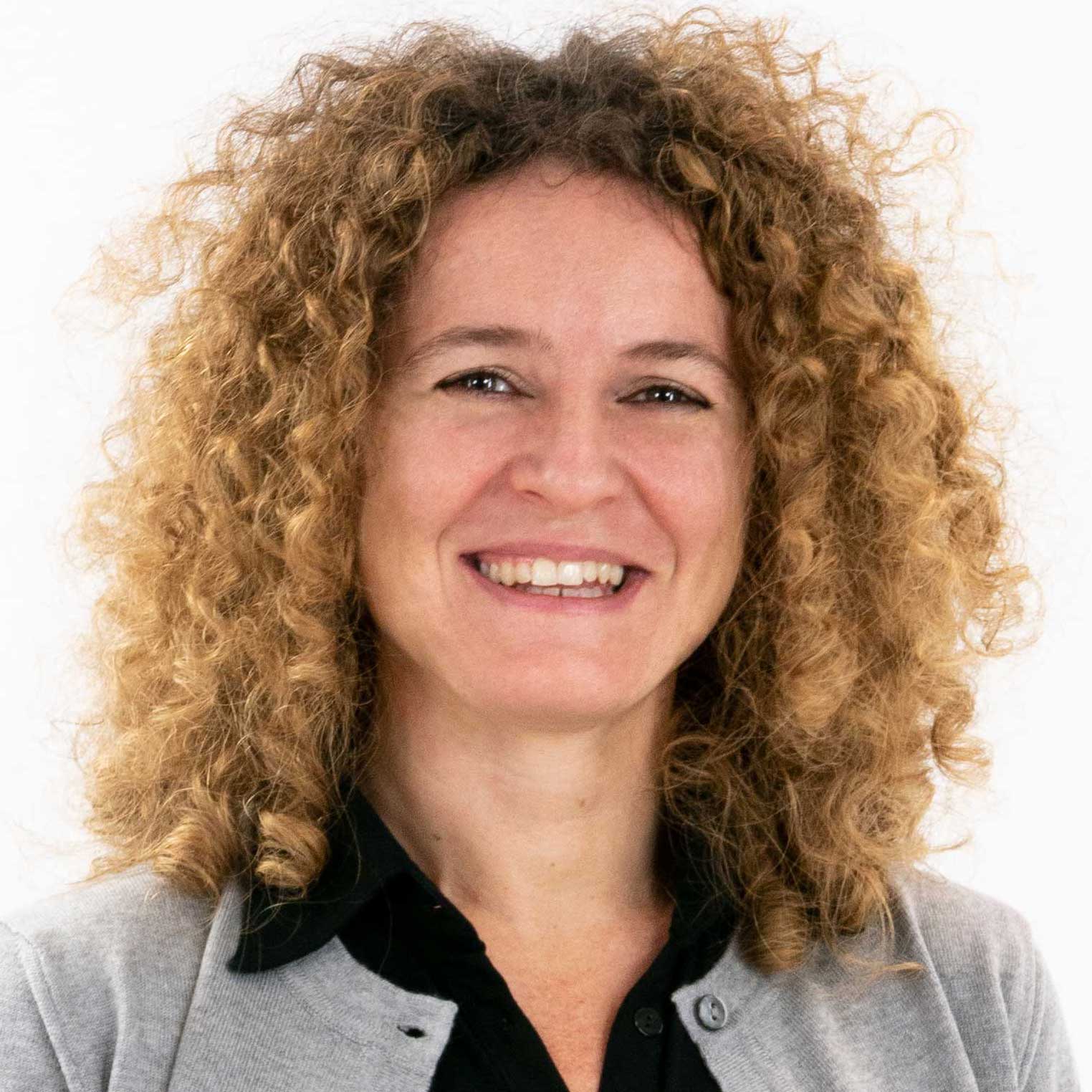
Flaviana Calignano, Politecnico di Torino
Teacher
Flaviana Calignano is a Researcher with the Department of Management and Production Engineering (DIGEP), Politecnico di Torino. Her research activity was focused on lightweight structural and functional components for various applications fabricated through additive manufacturing. Dr. Calignano holds one patent and is the author or co-author of three book chapters, one monograph, more than 50 papers in international journals, and 40 communications to national and international scientific conferences.
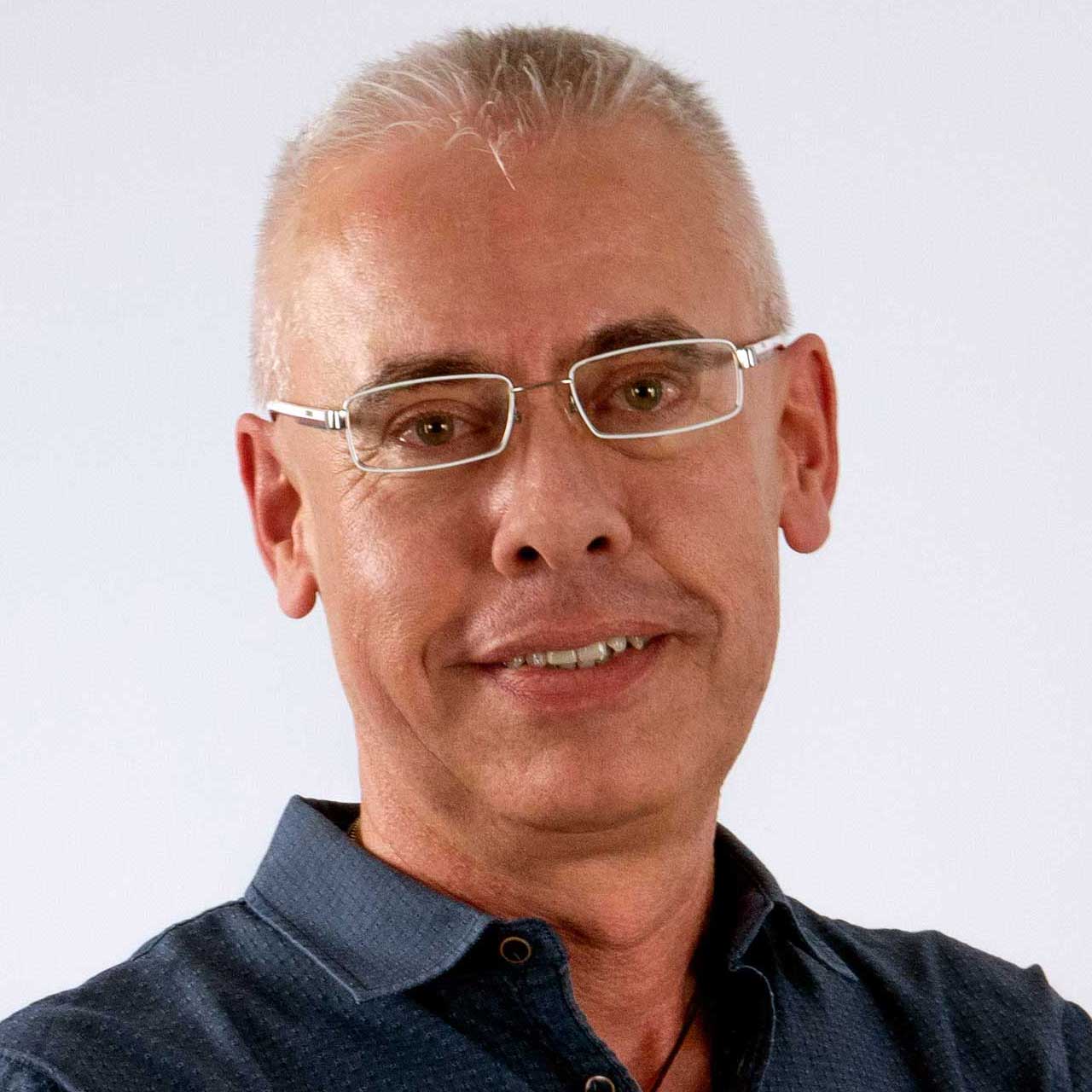
Marcello Chiaberge, Politecnico di Torino
Teacher
Marcello Chiaberge is serving as an aggregate professor, subject area 09, sector 09/E3 Elettronica (ex ING-INF / 01), at the Department of Electronics and Telecommunications (DET) of the Politecnico di Torino. Since October 2016 he has held the role of delegated professor for the Master’s Degree Course in Mechatronics Engineering, overseeing all the quality management activities of the degree program. From December 2017 he is the coordinator and principal investigator of the Interdepartmental Center on Service Robotics of Politecnico di Torino (PIC4SeR). He currently teaches in English the courses of “Electronic Fundamentals and Applications” and “Electronic systems for Mechatronics” at the headquarters of the Politecnico di Torino (Master’s Degree in Mechatronics Engineering). He carries out research activities in the fields of Electronic Systems (control applications in the industrial, energy, automotive and space sectors), Mechatronics and Service Robotics. IEEE Member, co-author of more than 110 articles presented in national and international journals and/or conferences and co-author of 9 international patents.
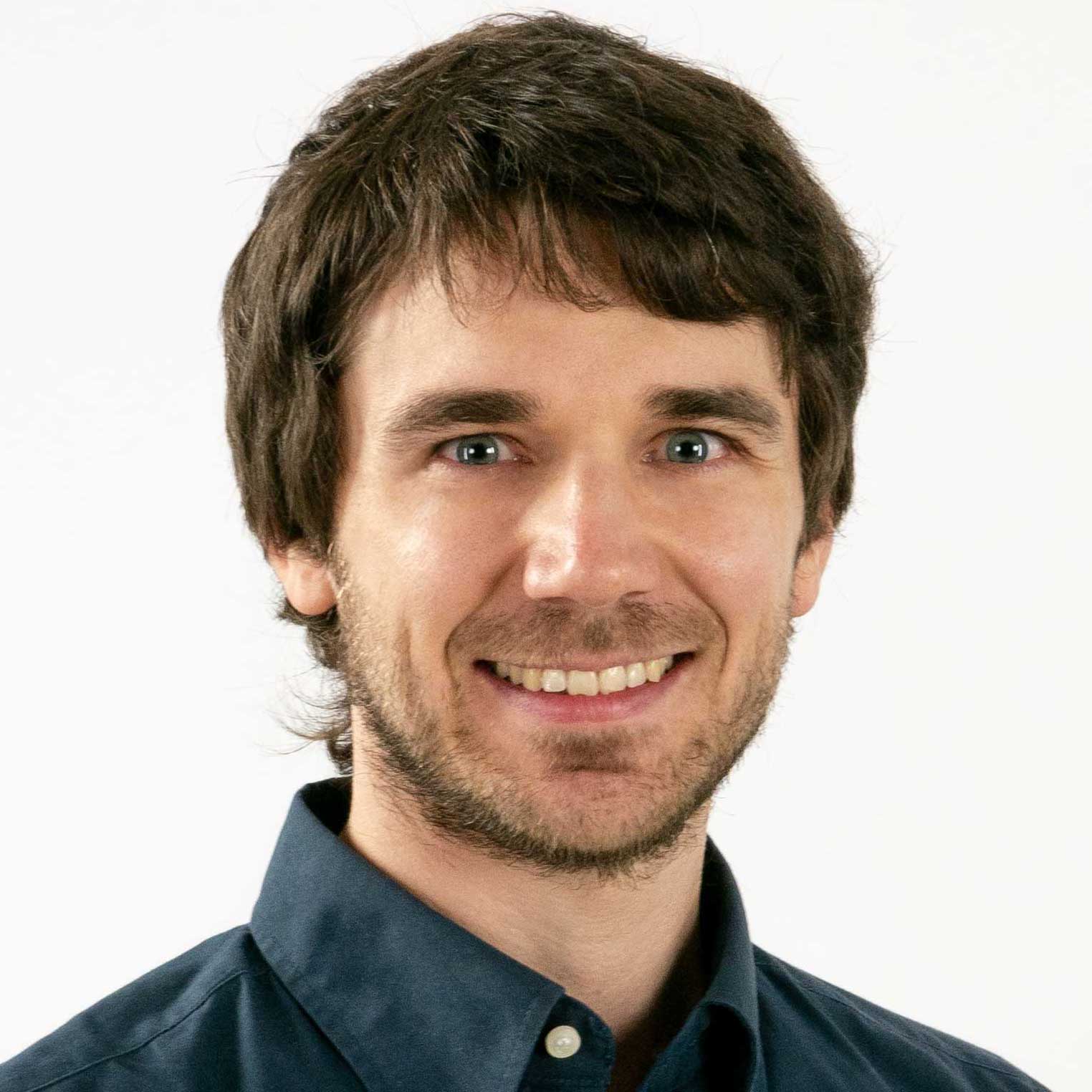
Nicola Linty, Politecnico di Torino
Teacher
Nicola Linty is an assistant professor, a researcher at NavSAS and a member of PIC4SeR at the Department of Electronics and Telecommunications (DET). His area of expertise includes signal processing and simulation, applied to telecommunications, radio-navigation and global navigation satellite system (GNSS). His research interests are focused on software-defined radio receivers and on the impact of space weather and ionospheric scintillations on positioning.
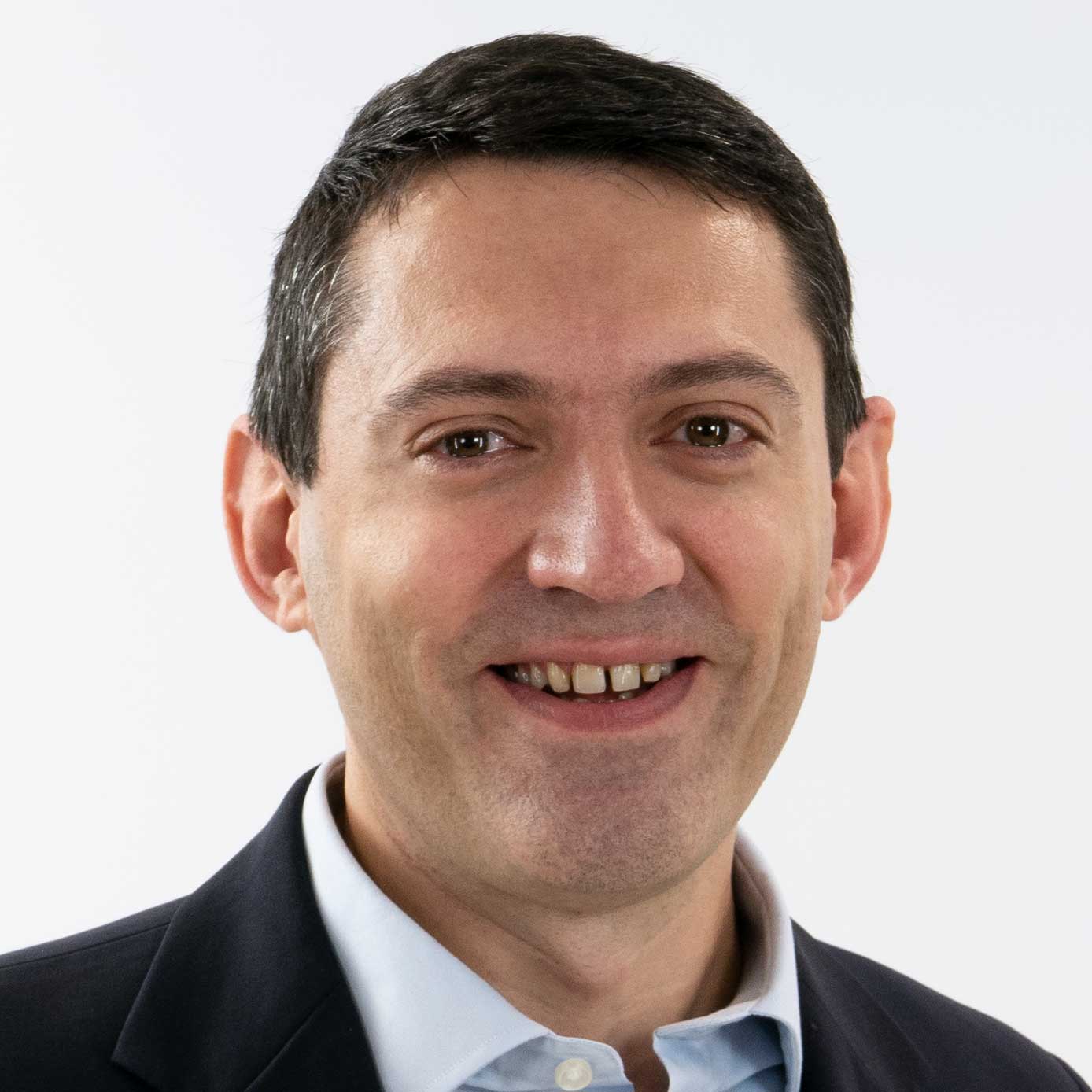
Paolo Minetola, Politecnico di Torino
Teacher
Paolo Minetola is an Associate Professor at the Department of Management and Production Engineering (DIGEP), Politecnico di Torino, and he holds lectures about manufacturing disciplines. His research interests and technology transfer activities include 3D printing, additive manufacturing (AM), 3D scanning, reverse engineering (RE) and metrology. In 2015 he won “The Cubesat Challenge” promoted and sponsored by Stratasys Vertical Solutions – Aerospace.
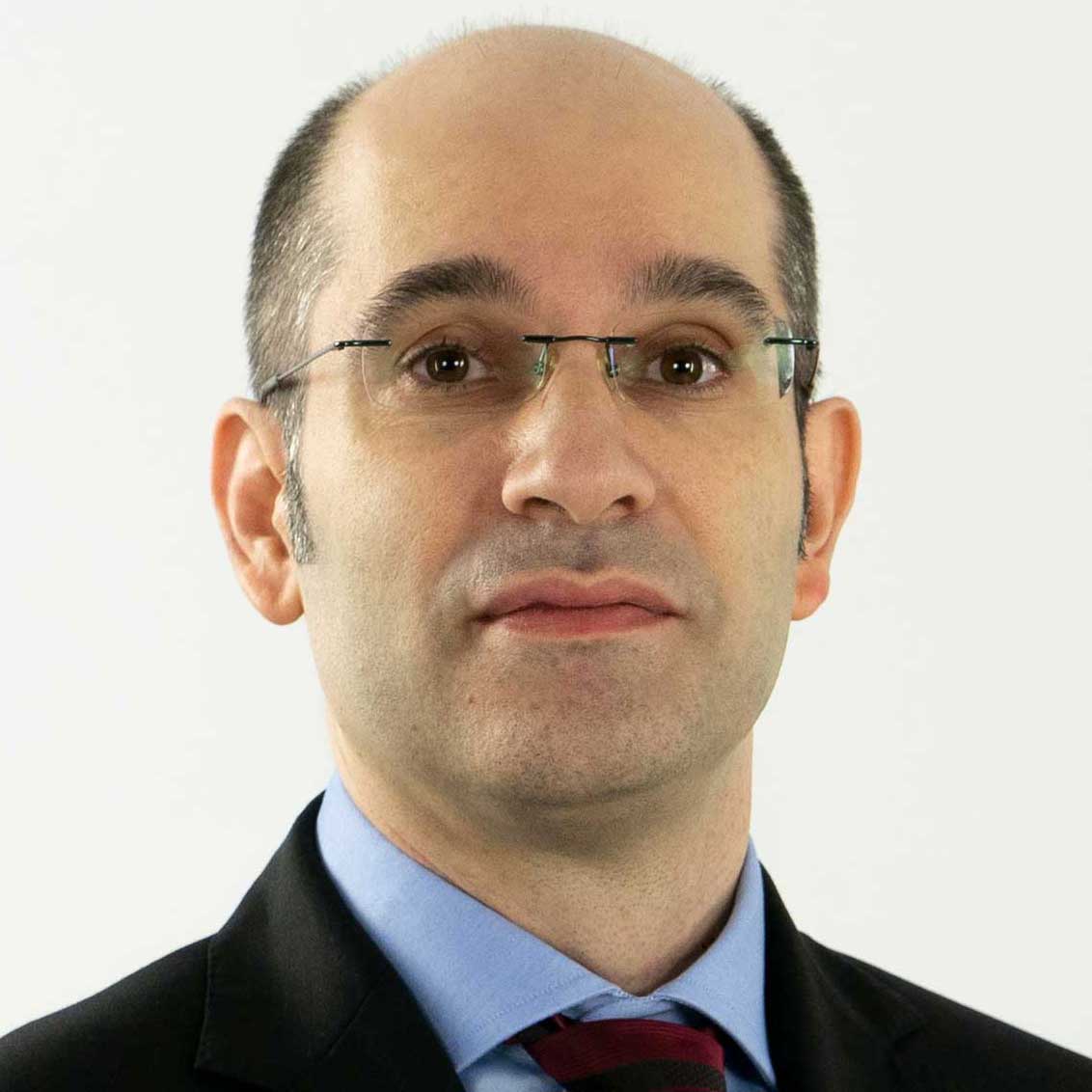
Alessandro Salmi, Politecnico di Torino
Teacher
Alessandro Salmi is an Associate Professor of Manufacturing Technology and Systems at the Department of Management and Production Engineering (DIGEP), Politecnico di Torino. He is the author and/or co-author of one book and more than 45 publications. His research interests include AM process and design optimization, high speed machining (HSM), and FE process simulation.
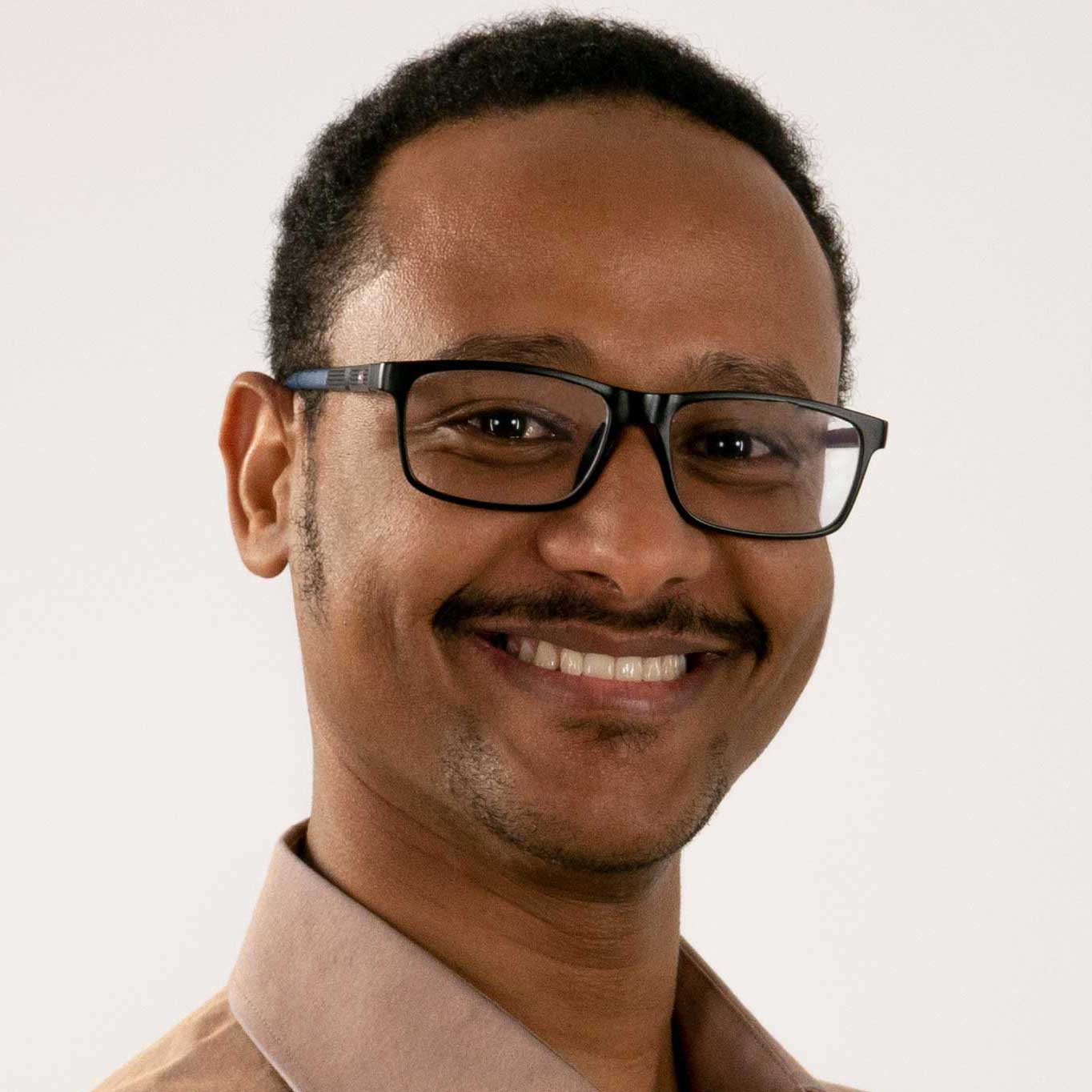
Osman Abdalla Sidahmed, Politecnico di Torino
Teacher
Osman Abdalla Sidahmed is a PhD student at the Department of Electronics and Telecommunications at Politecnico di Torino. A member of the PIC4SeR interdisciplinary centre for service robotics and the Complex Systems Lab group. His research activities include computer vision systems and multi-agent cooperation in robotics.
Contact details
If you have any enquiries about the course or if you need technical assistance please contact pok@polimi.it. For further information, see FAQ page.